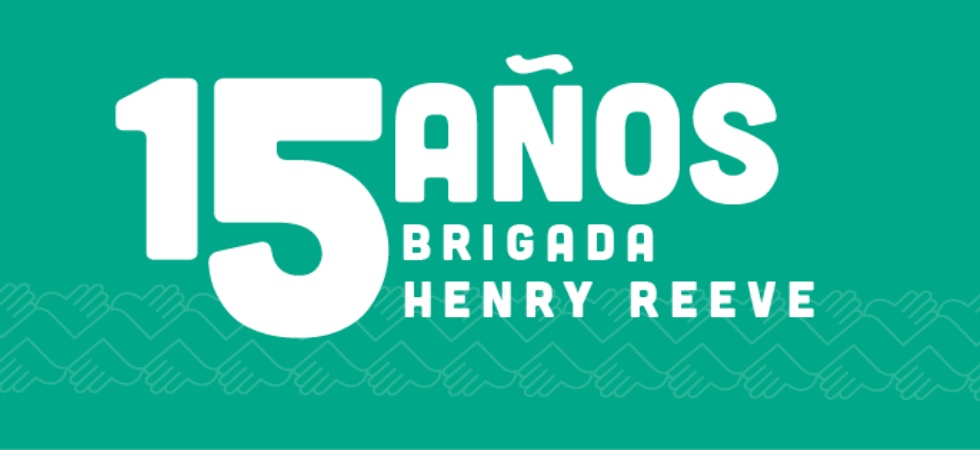The International Contingent of Doctors Specialized in Disaster Situations and Serious Epidemics “Henry Reeve” today celebrates its 15th Anniversary, in the midst of a global pandemic, a context in which it has provided great support for the fight against COVID-19 in countries from all continents.
The Contingent was created on September 19, 2005 by Commander in Chief Fidel Castro Ruz, in response to the damage caused by Hurricane Katrina to the town of New Orleans in the United States, which left around 1,336 deaths and losses valued at 75 billion dollars, published in the MINSAP.
It was named “Henry Reeve” in homage to the young American, a native of Brooklyn, New York, who joined a detachment of Cuban patriots as a line soldier to join the war of independence against the colonial rule of Spain. In the history of Cuba, their example has been a paradigm of international solidarity aid.
Its mission is to provide humanitarian-medical-health aid to populations victims of natural disasters and epidemics in other countries, and to help their recovery. Its members are mobilized immediately between 24 and 48 hours, depending on the type of adverse health event. Most of its members have experience in international health missions and participation is completely voluntary.
The Contingent preaches as fundamental principles of its actions: solidarity, humanism, defense and the exercise of the human right to health as well as the promotion of the human right to peace.
The first emergency that the Contingent faced, a few days after its creation, was in Guatemala to assist the population affected by the floods that occurred in October 2005. A total of 688 health professionals assisted more than 477 thousand people and saved the lives of more than 1,300.
It also highlights the work of the Contingent after the impact of the October 2005 earthquake in Pakistan, which caused the loss of 70 thousand human lives, 100 thousand injured and 3 million homeless. In a period of almost eight months, more than 2,000 Cuban health professionals treated more than 1,700,000 patients. More than 14,000 surgical operations were performed, more than 166,000 survivors received specialized rehabilitation treatment, and more than 2,000 were saved.
Cuba, with the support of this Contingent, was one of the first countries in the world to respond to the call of the World Health Organization and the United Nations to confront the Ebola epidemic in Africa in October 2014. In less than two weeks more than 5,000 Cuban doctors and nurses volunteered to fight the epidemic; from them, more than 500 health professionals were selected and trained; and finally, 256 participated.
Likewise, in 2010, Cuban doctors faced the cholera epidemic in Haiti, where health services were provided to more than 400 thousand people and the lives of approximately 76 thousand were saved. The Contingent was present in Sierra Leone, Liberia and Guinea Conakry in Ebola treatment rooms, where more than 2,000 patients were treated. It was the only medical mission that provided direct healthcare to Ebola patients. During this period, two members of the “Henry Reeve” Contingent died of malaria and a health professional fell ill with Ebola, who recovered satisfactorily.
For this outstanding participation that shook the entire world, on May 26, 2017, the Contingent received the Dr. LEE Jong-wook award from the World Health Organization at the ceremony of its 70th Assembly. On this occasion, the presenter of the award, IHN Yohan, who chairs the Korea Foundation for International Health Services, expressed “the Henry Reeve Contingent has spread a message of hope to the whole world.”

